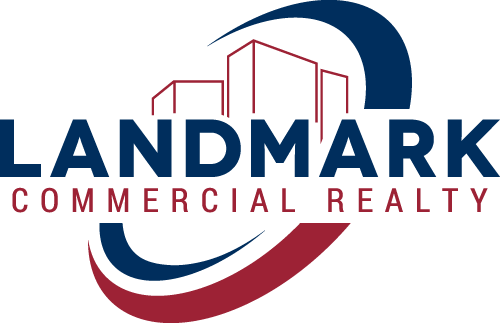Do you know enough about 1031 exchanges? If you own an investment asset used for business such as industrial, office, retail multifamily, or even land, you need to understand the financial benefits of the 1031 Exchange.
The 1031 exchange refers to section 1031 of the Internal Revenue Code. Simply put, the code describes exchanges as the sale of a business property that is followed by the purchase of another property in the next 180 days. The biggest benefit of this allowance is that the seller may defer any capital gains tax on the existing property for sale and the Internal Revenue Service will not recognize any taxable gain or loss in the transaction.
Business property exchanges have been around since the 1920’s and were conveniently modified in 1979 to allow a “deferment period” on the property being exchanged. This allowed the exchanged property to be purchased after the sale of the first property. However, it wasn’t until 1991 that 1031 exchanges were more clarified and simplified, and became more popular with real estate investors.
The benefits of a 1031 exchange are a no-brainer. However, whether or not it’s best to take advantage of the benefits from a 1031 exchange depends on the property you’re selling. For instance, the longer a property is owned typically increases the tax consequence. In some situations a tax can be sizable enough that a seller will not receive any proceeds from a sale after the taxes and any outstanding debt is paid. This would be a logical time to defer the taxes through an exchange. In other situations, a seller may decide that paying the taxes is more important than managing another asset.
To ensure the qualification of your exchange, once your property is sold, the profit from the sale must be held by an intermediary. At which point, you are allowed 45 days to identify several like-kind properties and a total of 180 days to acquire one or a combination of them. It is important to realize that a 1031 exchange is not a “tax-free” exchange, but only “tax-deferred”. If your replacement property is sold in the future, you will owe a capital gains tax, unless of course, you decide to make another 1031 exchange.
Landmark has experts that focus on every asset category within the commercial real estate market and can help assist you in making an educated decision about if an exchange is the most logical step forward with your investments. We can help you get the ball rolling and get you connected with the necessary service providers to make your exchange possible.
Many investors miss out on this tax strategy for a variety of reasons. Often, the whole subject gets overcomplicated. But exchanges are not as challenging as you might think, especially with an experienced Landmark agent like Chuck Heller by your side. “We’re going to help you make the best logical decision when it becomes your time to sell,” says Chuck.

“We’ll surround you with the right team to give you the best options and insight and see if a 1031 exchange is appropriate for your property sale.”





